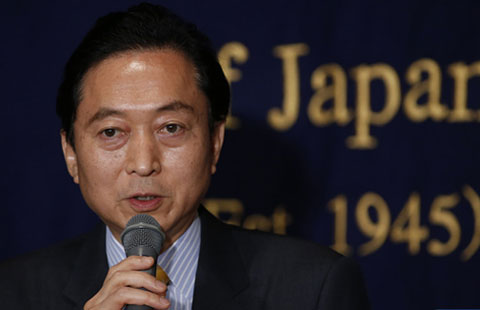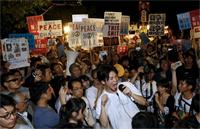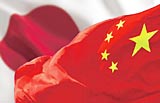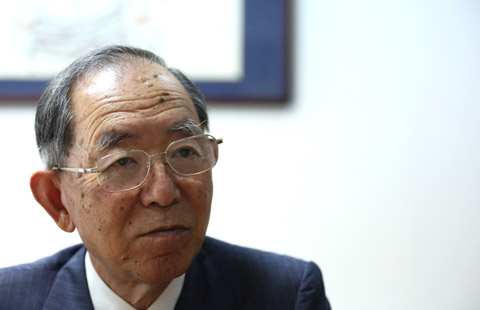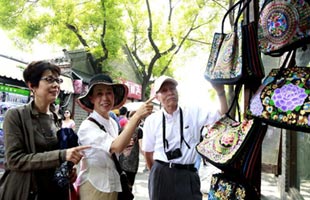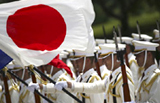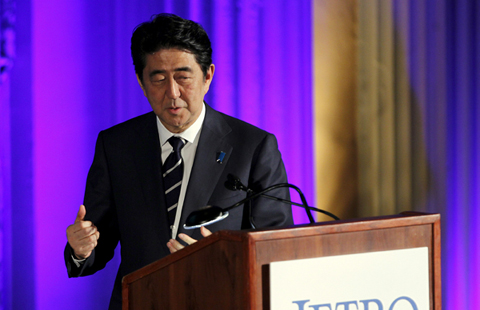Japan should apologize to victims for aggression: Ex-leader
[2015-08-10 20:13]Japan's former Prime Minister Yukio Hatoyama said he expected current Prime Minister Shinzo Abe to face up to history, admit Japan's aggression and apologize to the victims during his statement marking the 70th anniversary of the end of the World War II.
Strategic patience needed to deal with Japan
[2015-08-10 08:05]China needs to exercise strategic patience, wait for it to change and make its strategic intentions clear to its neighbors, in order to prepare for a Japan after Abe.
Survivors urge Abe to correct inaccurate views
[2015-08-10 08:05]
Japan's revisionists who deny the country's historical aggression should explain to the rest of the world how these Japanese soldiers came to die in those countries.
China's anti-Japanese invasion war vital in global war against Fascism
[2015-08-08 15:44]The Chinese People's War of Resistance against the Japanese Aggression had played a key role in the Global War against Fascism, a South Korean historian said.
Abe is leading Japan further away from peace
[2015-07-27 08:51]China is committed to helping integrate the Asia-Pacific region through its "Belt and Road Initiative".
Japan urged to explain selective apology on wartime forced labor
[2015-07-21 15:35]The Japanese government should have deep reflections on the country's atrocities during World War II and explain why a Japanese company made an apology only to US prisoners of war.
Ignoring history cannot improve future: ex-Japanese envoy
[2015-07-07 17:13]Tuesday marks the 78th anniversary of the Lugou Bridge incident, also known as the Macro Polo Bridge incident, which signaled the beginning of Japan's full-scale invasion of China.
China-Japan friendship based on people's exchanges
[2015-05-25 07:44]President Xi Jinping's speech on people-to-people exchanges between China and Japan marks the latest effort by China to get Sino-Japanese ties back on the right track.
Japanese colonization point of view 'is erroneous'
[2015-05-11 07:43]Editor's note: In 1995, then Japanese prime minister Tomiichi Murayama, a socialist, made a "heartfelt apology" for the wartime damage and suffering caused by his country. Shinzo Abe, then a rookie lawmaker from the conservative Liberal Democratic Party, was one of those who opposed the move.
Japan should issue apology to Asian states, ex-PM says
[2015-05-11 06:58]Japan should again apologize to other Asian countries for its wartime behavior, according to the country's former prime minister Tomiichi Murayama.
Abe's US visit jeopardizes regional peace, shadows ties with neighbors
[2015-05-05 10:08]Japanese Prime Minister Shinzo Abe concluded his eight-day visit to the United States on Sunday without leaving any positive contribution to the peace and stability of the Asian-Pacific region, but casting gloomy shadow over future relations with its neighbors.
Response to Japan PM's speech, visit
[2015-04-30 13:52]Asian-American community leaders express annoyance at Japanese Prime Minister Shinzo Abe's speech at the US Congress on Wednesday and said the new defense guidelines might bring instability to the South China Sea.
